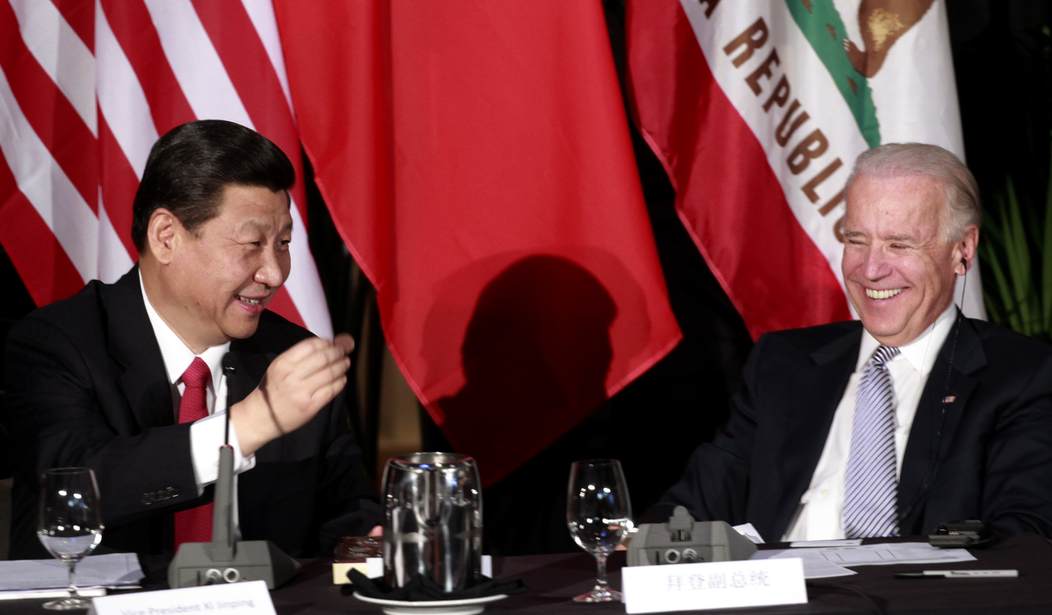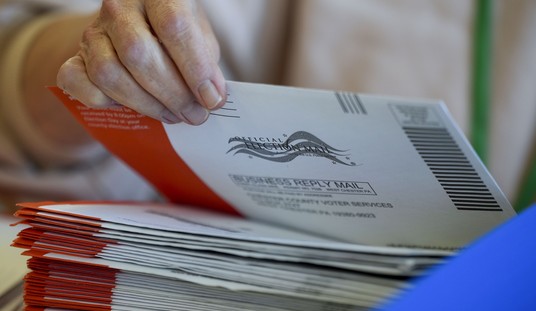Who is afraid of the big, bad dragon? Apparently, European nations have been growing a spine when it comes to challenging China’s growing economic dominance.
The Wall Street Journal published a report explaining that several members of the European Union (E.U.) are taking a more antagonistic approach to Beijing and its president, Xi Jinping.
“The biggest challenge to his vision for China comes not from within its borders but from other parts of the world, in nations whose views of Beijing have dramatically changed in just a few years,” the Journal noted. “Countries that once avoided upsetting Beijing are moving closer to Washington’s harder and largely bipartisan stance—to curb Chinese access to customers, technology and sensitive infrastructure.”
According to the report, Australia is one of the nations leading the charge against Beijing, becoming “one of the first countries to block Huawei Technology Co. on its soil, and led global calls for an investigation into China’s initial handling of the coronavirus.”
India has expanded “military cooperation with the U.S. and its allies” as it clashes with China over contested borders.
The report noted that Germany seems to be the only western nation that has shown hesitancy in resisting China’s ambitions. “The U.K. and France have chipped away at Huawei’s ability to compete in Europe, and while Germany remains cautious, debates there about Europe’s dependency on China are growing more heated,” the authors wrote.
Along with the U.S., European countries are taking issue with how the Chinese government handled the COVID-19 outbreak and its human rights abuses against Muslim minorities in Xinjiang. Beijing is also under fire for its treatment of Hong Kong.
Nicolas Chapuis, the E.U.’s ambassador to China, issued a warning to Xi’s government during an energy forum in Beijing earlier in December. “What happened during the last year…is a massive disruption or reduction in support in Europe, and elsewhere in the world, about China,” he asserted. “And I’m telling that to all my Chinese friends, you need to seriously look at it.”
The Chinese government defended its actions, claiming that “negative views toward Beijing are an issue mainly in Western countries, and have been stoked in Washington.” The country’s diplomats seem to be “beholden” to leaders who seek to “showcase China’s growing stature, even at the cost of antagonizing officials abroad.”
While most European leaders initially viewed Xi’s presidency as a positive when he first took office, opinions have changed. According to the data, the percentage of people who have no confidence in Xi has risen in several nations – even countries that are part of the E.U. In South Korea, 83% have no confidence in the Chinese president. In France, the percentage is 80%. Japan’s numbers are 84%. It is evident that international opinions do not bode well for Xi’s regime.
Resentment towards Beijing has risen especially in smaller nations like Sweden and the Czech Republic. The Journal notes that this is due to “heavy-handed actions by Chinese diplomats” and a concern over “unfair competition with Chinese companies.”
E.U. officials, such as Jean-Claude, who previously served as the European Commission’s president, have worked to strengthen the resistance to China’s global ambitions. Australian diplomats “have crisscrossed Europe connecting China critics in smaller nations with counterparts elsewhere in a little-known effort that has buttressed similar ones by Washington,” according to the Journal.
During a NATO conference in 2018, some surmised that the E.U. might look to solidify its relationship with the Chinese government amid tensions between Europe and the Trump administration. Xi attempted to take advantage of this rift by touting opportunities for European companies and collaboration on climate change.
From The Wall Street Journal:
“As waiters cleared plates, his language shifted, those people recalled. China’s state-led model would flourish in a globalized era of free trade, Mr. Xi said. Europe was hobbled by “its slowness of decision making,” and income inequality was fueling populism, he said, mentioning the Brexit referendum, a sore point for his guests.
Mr. Juncker fired back a retort, according to two officials present: “What you call slowness, we call democracy.”
The report continued:
“Mr. Juncker left convinced that China was trying to use Europe in its fights with the U.S. He told aides the E.U. could do that, too, meaning use its talks with Beijing to gain leverage with Washington. Two weeks later, he met President Trump and signed a surprise EU-U.S. trade truce.”
At the time of the meeting, Australia had just blocked Huawei Technologies, a Chinese tech company, from installing 5G equipment. China retaliated by penalizing barley and beef exports.
The Czech Republic also acted against Huawei, deciding not to allow government data to be sent over its hardware or software. This decision came after the country’s cybersecurity agency found that someone hacked into the foreign ministry’s email on behalf of the Chinese government.
It will be interesting to see how this situation develops under a Biden administration. The revelations surrounding his son, Hunter, showed that the Biden family allegedly has suspicious ties to China through various business connections. The former vice president has shown no interest in taking a hard line on Xi’s regime. If the E.U. is planning to take a more hardline stance against Beijing, it seems they will not have an ally in the U.S. under Biden.
Let me know what you think in the comments below!













Join the conversation as a VIP Member